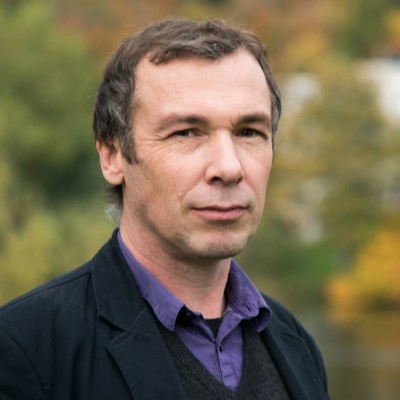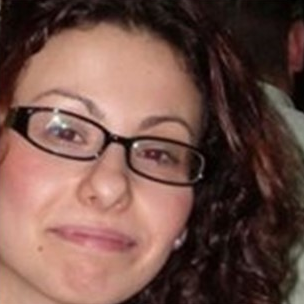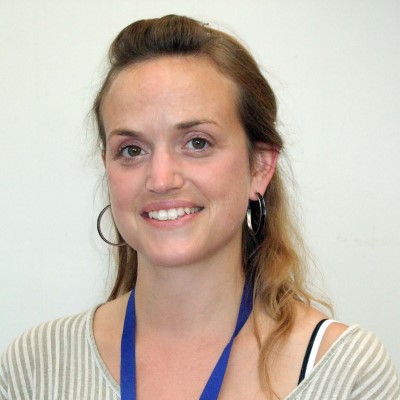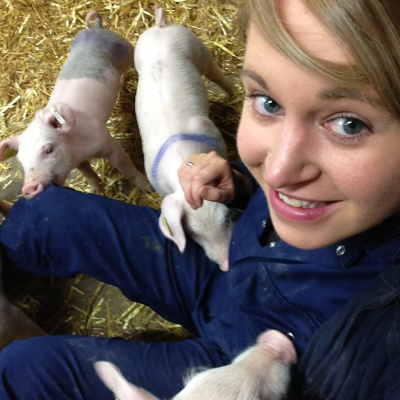CIEL | Meet the Scientist
Prof. Alasdair Cook
Vet. Director, Veterinary Health Innovation Engine (vHive), School of Veterinary Medicine, University of Surrey

What project/s are you currently working on?
As a team, vHive is currently working on a suite of multi-disciplinary projects broadly involving the use of data and digital innovation to enhance the wellbeing of domestic animals. These include studies on the Quality of Life of companion animals, particularly where this may be compromised by chronic disease such as osteo-arthritis; early detection of disease in finishing pigs through machine vision and volatile organic compound monitoring; use of routine data to investigate risk factors for zoonotic disease in humans; endemic respiratory disease in poultry in Nigeria and novel approaches to reduce the risk of antimicrobial resistance. Our research is focused on proof of concept and feasibility in the field, with the aspiration that our insights will bring benefit to animals, their keepers and wider society.
What capability are you drawing on to deliver the research?
We draw on a broad range of technical competencies, from veterinary specialties including epidemiology, pathology and microbiology which are complemented by engagement with experts in artificial intelligence and machine learning. This is achieved by collaboration with our University of Surrey colleagues in the Centre for Vision Speech and Signal Processing (CVSSP) and the Surrey Institute for People-Centred Artificial Intelligence.
Many of our projects are conducted in partnership with commercial companies and the vHive team was created in partnership with Zoetis.
We utilise a data sharing platform that we have created, called the Data Innovation Hub for Animal Health (DIHAH), to import, collate, integrate and analyse diverse data, which also includes investigation of social media, web searches etc. We employ quantitative and qualitative methodologies, including collaboration with social scientists as appropriate.
Other assets include our locomotion lab and our veterinary pathology centre, which can yield data for integration on DIHAH. We also engage expertise from the Surrey Business School to explore, for example, the value proposition associated with innovative approaches.
What would be your ideal research project assuming no barriers to resources?
A great question! We can consider that any domestic animal lives in an environment that is influenced by people – not only the direct custodians of the animal or animals but also by wider society. Each animal is there for a purpose – for example, to provide food, to give and receive love or for sport and leisure – and by fulfilling that purpose, we gain the value, whether monetary or emotional, of that animal. There is a virtuous circle, whereby optimising the health and wellbeing of the animal increases the value to us.
When considering the wider implications of animals upon society and the environment, further factors are pertinent. These may include pollution, impact of climate change, emergence of new diseases that can transmit between animals and people and contribution to issues such as antimicrobial resistance. The One Health paradigm acknowledges these complex interactions and aspires to take them all into account.
Therefore, my ideal project would be to consider a specific system, say for example grass-reared beef and firstly, model this complex system and its interactions. Thereafter, I would like to critical points in that model that can be dynamically monitored to predict early changes in health which could be prevented or minimized. However, until this dream is realized, I hope to continue to research parts of these human-animal systems that can feasibly deliver benefits to our animals and our society.
How did you arrive at doing what you do now?
I always wanted to be a vet and I was very fortunate to achieve my ambition. I started out as a farm vet, mainly in Yorkshire and realised that however exciting it was doing emergency work, the greatest benefits to the most animals came from preventive medicine. This led me to specialise in epidemiology and to enjoy a number of years working in less economically developed countries, including Yemen, Zambia and Mexico. This experience helped me to appreciate the rich diversity in the relationships people in different cultures have with their animals.
Returning to UK, I decided to focus more on epidemiological research in academia and then in the epidemiology team at the Animal and Plant Health Agency. My focus was particularly on foodborne zoonoses and animal health surveillance systems, aimed at developing evidence for the control of animal disease.
I was then privileged to become one of the earliest members of staff at the School of Veterinary Medicine at the University of Surrey. The open and innovative culture in Surrey inspired me to think more broadly about animal health and the implications and opportunities afforded to us by the digital revolution. This led to the creation of vHive, which was only possible with the support of the University, the EM3 LEP and our partnership with Zoetis.
Through a combination of luck, curiosity and working with so many talented and inspiring colleagues, I continue to enjoy being a vet, even if it is in a very different way to that I had envisaged on entering vet school. I hope that I have repaid this good fortune by contributing to making things better for animals and for everyone who benefits from them.
You can learn more about Research at the School of Veterinary Medicine and our vHive projects at the following:







